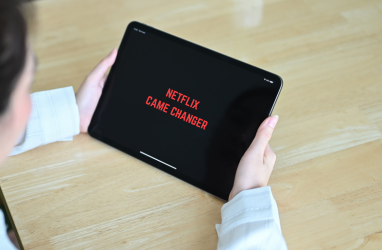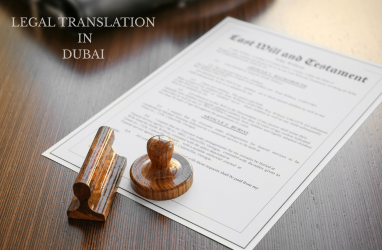Post-Pandemic Commercial Challenges and Opportunities for IP
-
Global Digital Migration
One of the most notable shifts in the post-pandemic world is the growing reliance on foolproof digitization strategies. Companies with IP assets are now focusing on developing strong online presence strategies to stay competitive. This includes investing in digital marketing and social media expertise, all the while ensuring their IP protection strategies are set.
Expert Insight: Amazon saw a dramatic increase in sales as lockdowns and social distancing measures were implemented. This has led to the company investing in automation, streamlining, and expanding supply-chain capabilities.
-
Relentless Surge in Intra-Industry Competition
As the global economy begins to ‘recover’ into a clear recession, more companies are capitalizing on new opportunities and trends. An advantage for businesses with registered IP assets is as they prepare to compete with these new players in their market.
-
A New World Of Opportunities
Lessons learned from the economic downfall during and after the pandemic have presented new opportunities for service and product-based IP. This can be portrayed through the pharmaceutical and medical device sectors, which have doubled down on developing new products that address mental health, while companies in the entertainment industry are now heavily capitalizing on new trends in streaming and online content.
Expert Insight: Netflix, has seen a significant increase in subscribers during the pandemic, but as the market becomes competitive, with other streaming platforms like Disney+ and HBO Max, they’ll need to continue to innovate and offer new content to retain subscribers. And as a result, Netflix has adapted its licensing and IP monetization strategies, leading to an increase in the use of digital licensing models and a greater focus on IP-based revenue streams.
The key takeaway here is that companies must now make use of newly placed IP legislation and ensure their IP assets are protected. The pandemic has taught the world, as an intertwined community, that innovative adaptability, attunement with ever-changing market conditions, and commercial risk forecasting are their gateway to sustainable success.
Intellectual Property is Key to Sustainable Adaptability
As the world continues to grapple with the ‘new now’, it will be interesting to see how companies with (and without) secured IP assets continue to evolve and innovate, in order to survive and thrive.
The pandemic has had a profound impact on the IP industry (and the way the world works) and has unequivocally presented both mammoth challenges and lucrative opportunities.
It is now up to the global community to either make the best of it and adapt, or inevitably perish.
Abou Naja Intellectual Property is a regional leader in the intricacies of Intellectual Property and as a firm that thrives upon its values of being an enabler, we invite you to get in touch with us, for any guidance on how to propel and bolster the continuity of your business during the uncertainty of the post-covid world - through the power of Intellectual Property.
Claim your complimentary consultation by getting in touch with us at [email protected], with a brief introduction and we will match you with the most suited member of our team. We look forward to hearing from you.
Frequently Asked Questions
What has been the impact of COVID-19 on intellectual property?
The COVID-19 pandemic has had a significant impact on the evolution of intellectual property, shaping it in several ways. The digital transformation of many sectors, coupled with the rise in e-commerce, has led to an increase in IP infringement, particularly in copyright and trademark.
How has the pandemic affected IP protection and enforcement?
The pandemic has caused IP offices and courts to function remotely, resulting in delays in processing IP applications and the resolution of IP disputes. However, the transition to remote work has also led to an increase in online IP infringement, which has prompted governments to reform their IP laws and enforcement systems.
How have various governments reevaluated their IP regulations post-COVID?
Governments such as the UAE, KSA, Qatar, China, South Korea, Japan, the US, and the EU have reevaluated their IP regulations and laws to better protect IP holders in the digital age. This includes introducing new IP laws, developing IP-related initiatives, and intensifying enforcement efforts.
How has the pandemic affected IP-based businesses?
The COVID-19 pandemic has had a profound impact on businesses with IP assets, leading to changes in IP valuation and licensing. Physical IP-related events such as licensing fairs and trade shows have been impacted, resulting in an increased use of digital licensing models.
What initiatives have been taken to combat IP infringement in the digital age?
Initiatives such as the e-Commerce Strategy and the Intellectual Property Rights Coordination Center (IPR Center) have been developed to identify and seize counterfeit goods sold online. The EU Horizon program provides IP and innovation funding to startups and SMEs, while the EU Trademark Directive and the EU Copyright Directive have been overhauled to harmonize IP legislation across EU member states.





